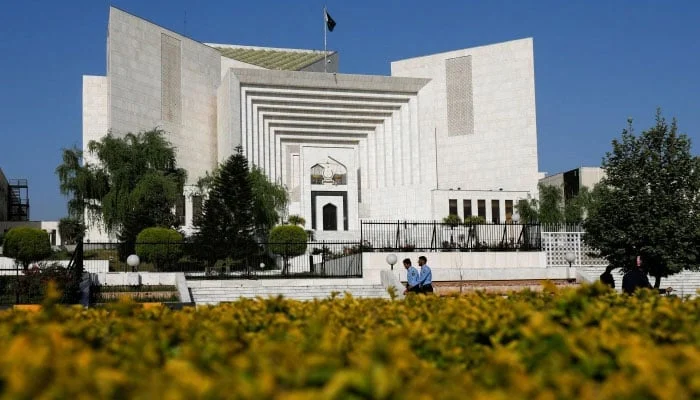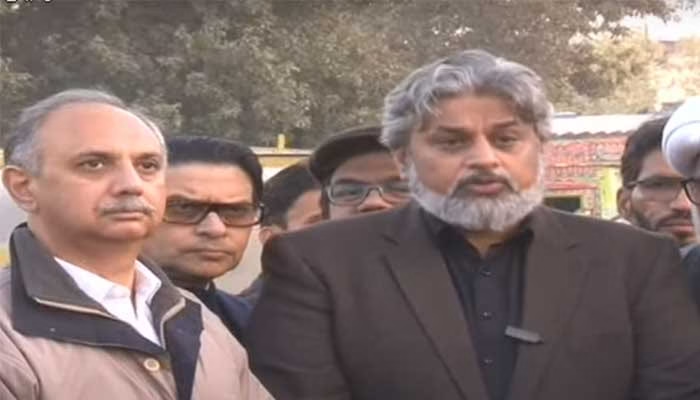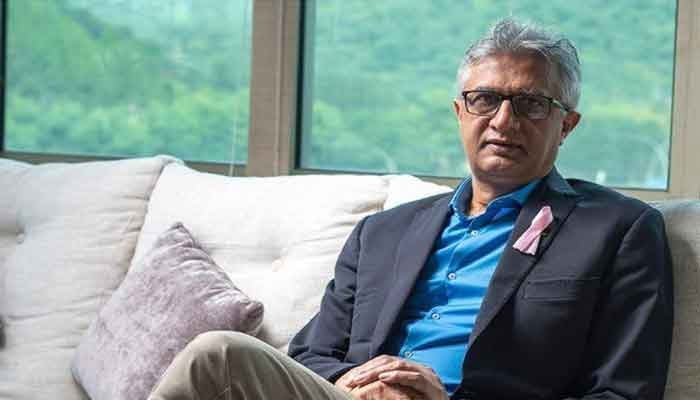The Supreme Court of Pakistan has rejected objections raised by the former government regarding the Audio Leaks Commission case. Justice Ijazul Hassan, a judge of the Supreme Court, delivered a concise judgment, directing criticism at the judges for attacking the judiciary.
The Supreme Court dismissed the various objections made by the former government against three judges.
The court ruled that the protests raised are an attack on the independence of the judiciary, and objections against judges are tantamount to an assault on the court itself.
In response to Abid Zubairi’s formal request against the Commission, a five-member bench had previously upheld the decision.
The decision, which had been reserved on June 6, was delivered three months later.
The former government had raised objections against Chief Justice Pakistan Umar Ata Bandial, Justice Ijazul Hassan, and Justice Munib Akhtar.
The previous federal government had filed separate petitions seeking the benching of the three judges due to alleged conflicts of interest.
The previous coalition government had established a commission to investigate nine alleged audio recordings.
Prominent figures, including Pervez Elahi and Chief Justice Umar Ata Bandial, were among those allegedly featured in the audio recordings.
The Supreme Court has also restrained the Audio Leaks Commission, led by Justice Qazi Faez Isa, from carrying out its work.
The President of the Supreme Court Bar, Abid Zubairi, had filed the request to declare the Audio Leaks Commission non-functional.
This development is significant in the ongoing legal proceedings and political landscape of Pakistan. The rejection of objections raised against the judges indicates the court’s commitment to upholding the independence and integrity of the judiciary. The establishment of the Audio Leaks Commission and the investigation into the alleged audio recordings had been a contentious issue, and this ruling reaffirms the court’s role in overseeing such matters.
The decision underscores the importance of judicial independence and impartiality, as any perceived interference in the functioning of the judiciary can have far-reaching consequences for the rule of law and the justice system. It remains to be seen how this case and the related audio leaks investigation will progress in light of the court’s ruling.



